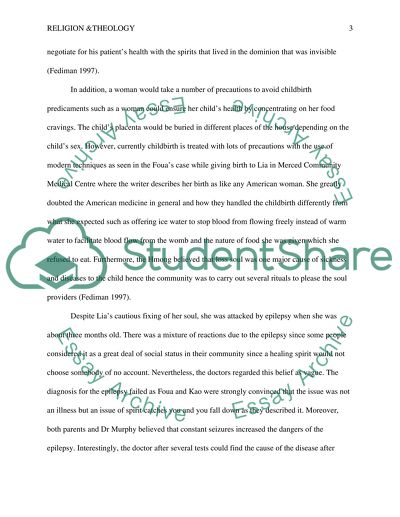Cite this document
(“Reflection Paper on The Spirit Catches You and You Fall Down Essay”, n.d.)
Retrieved from https://studentshare.org/religion-and-theology/1471234-reflection-paper-on-the-spirit-catches-you-and-you
Retrieved from https://studentshare.org/religion-and-theology/1471234-reflection-paper-on-the-spirit-catches-you-and-you
(Reflection Paper on The Spirit Catches You and You Fall Down Essay)
https://studentshare.org/religion-and-theology/1471234-reflection-paper-on-the-spirit-catches-you-and-you.
https://studentshare.org/religion-and-theology/1471234-reflection-paper-on-the-spirit-catches-you-and-you.
“Reflection Paper on The Spirit Catches You and You Fall Down Essay”, n.d. https://studentshare.org/religion-and-theology/1471234-reflection-paper-on-the-spirit-catches-you-and-you.


